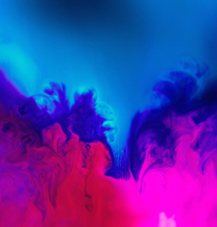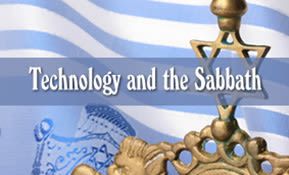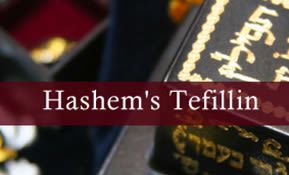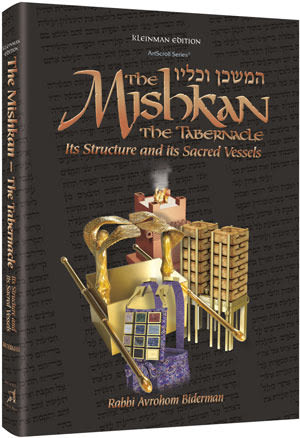
Vayakhel: Art and Creation
What exactly were these gifts of wisdom and knowledge that God bestowed to Betzalel? The Sages wrote that the master craftsman knew the secrets of creation.

Translated and abridged by Rabbi Chanan Morrison
Parshat Vayakhel
"Moses told the Israelites: 'God has selected Betzalel … and has filled him with a divine spirit of wisdom, insight and knowledge in all craftsmanship.'" (Ex. 35:30-31)
What exactly were these gifts of wisdom, insight and knowledge that God bestowed to Betzalel? The Sages wrote that the master craftsman knew the very secrets of creation. Betzalel knew how to "combine the letters with which the heavens and the earth were created," and used this esoteric knowledge to build the Tabernacle (Berachot 55a).
We find that King Solomon mentioned the very same three qualities when describing the creation of the universe:
"God founded the earth in wisdom; He established the heavens in insight. With His knowledge the depths opened, and the skies dripped dew." (Proverbs 3:4)
What is the difference between wisdom, insight, and knowledge? How do they apply both to the Creator and to the artist?
Chochmah, Binah and Da'at
Wisdom (chochmah) is needed for designing the basic structure. In the creation of the world, this refers to the laws of nature governing the universe and guaranteeing its continued existence. The amazing balance of natural forces, the finely-tuned ecosystem of life — this is the underlying wisdom of creation. In art, chochmah fulfills a similar function, determining the work's underlying structure. Using wisdom, the artist decides on the overall composition, the balance of light and shade, color and perspective, and so on.
Insight (binah) refers to the future vision or final purpose. The Hebrew word binah is related to the word 'to build' ("boneh"). The emphasis is not on the current reality, but on the process of gradually building and progressing towards the final, complete form. Therefore, King Solomon ascribed chochmah to forming the earth, and binah to establishing the heavens. The foundation of the earth — its current physical structure — is based on wisdom. Insight, on the other hand, corresponds to the heavens, the spiritual content that indicates the final form.
What is binah with regard to art? The spiritual aspect of art is the interest and wonderment that a master artist can awaken through his work. Betzalel was able to imbue the Tabernacle with a magnificent splendor, thus inspiring the observer with a profound sense of reverence and holiness. The sacred beauty of his work elevated the emotions to a majestic image of God's grandeur.
The third attribute, Knowledge (da'at), refers to thorough attention to all details. "With His knowledge … the skies dripped dew." The rain and dew were created with da'at. They sustain every plant, every blade of grass,  every creature. God created the universe not only with its fundamental laws of nature (chochmah) and spiritual direction (binah), but also with meticulous care for all its myriad details — da'at.
every creature. God created the universe not only with its fundamental laws of nature (chochmah) and spiritual direction (binah), but also with meticulous care for all its myriad details — da'at.
Attention towards details is similarly important in art. The artist should make sure that the finest details match the overall composition and heighten the work's emotional impact.
Betzalel knew the letters of Creation — he knew the secret wisdom used to create the universe. With his gifts of chochmah, binah and da'at, Betzalel was able to ensure perfection in the Tabernacle's structure, vision and details. His exquisite Tabernacle became a suitable vessel to contain God's Holy Presence, completing the sanctity of Israel by enabling their special closeness to God.
(adapted from Ein Eyah vol. II, pp. 263-264)
* * *
Rabbi Chanan Morrison of Mitzpeh Yericho runs http://ravkookTorah.org, a website dedicated to presenting the Torah commentary of Rabbi Avraham Yitzchak HaCohen Kook, first Chief Rabbi of Eretz Yisrael, to the English-speaking community. He is also the author of Gold from the Land of Israel (Urim Publications, 2006).







Tell us what you think!
Thank you for your comment!
It will be published after approval by the Editor.